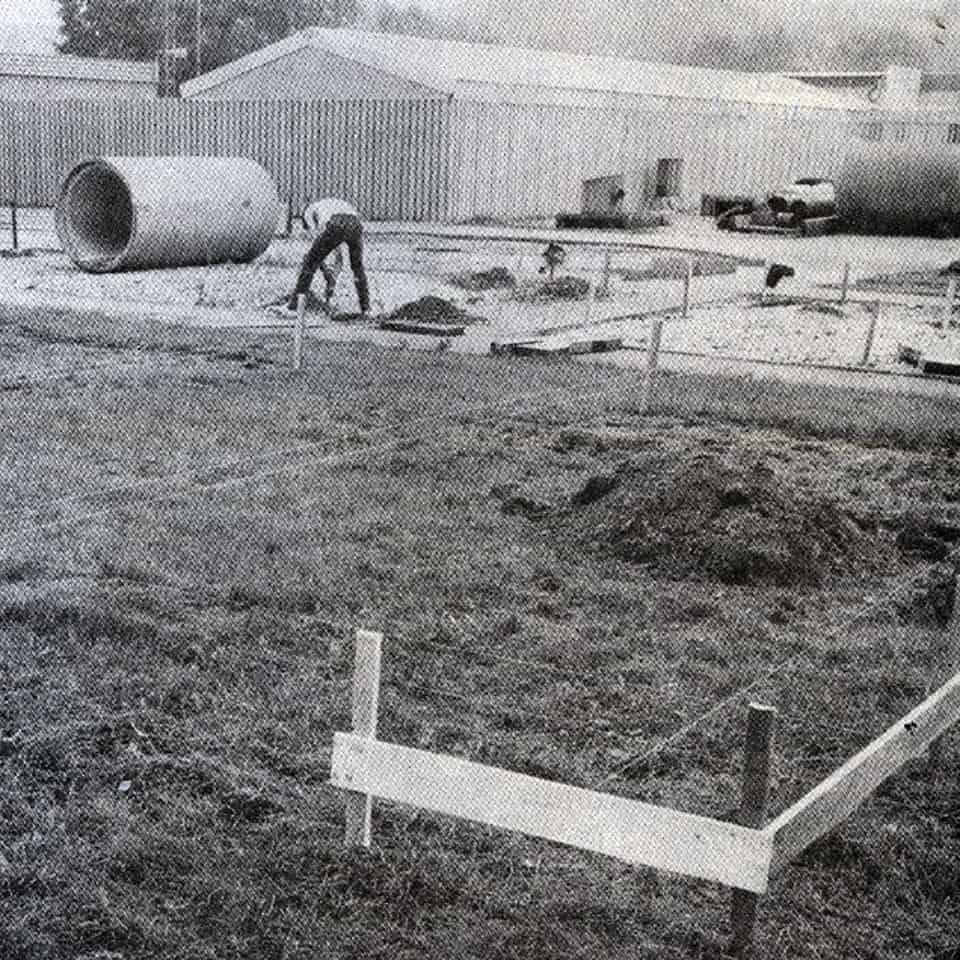Katarzyna Osiecka
Blind Spots in the House Catalogue – Architectural Consumption in the Periphery
In the early 1980s, the Canadian skeleton house first gained the attention of Polish society and slowly grew into an object of desire. The “Canadian” [das kanadische Haus] left his mark on the image of Warsaw’s periphery immediately before, during and after the political and socio-economic transformation of the 1990s. The dissertation deals with the change of the idea of housing in Poland since 1980. The communist system understood housing as a collective everyday life. The strict living space norm applied, which was only gradually dissolved with the change of system. With the transition from a planned economy to a free market economy, the functional architecture of the prefabricated housing estates gave way to the dream of a detached house on the outskirts of the city. Housing developed into an exclusively individual experience and a personal responsibility. With the changes of the 1990s, a lack of interest in public space overlaid the urban planning weaknesses of modernism.
Blind Spots in the House Catalog – The Consumption of Architecture in the Peripheries
At the beginning of the 1980s the Canadian house in timber construction started to gain the attention of Polish society and slowly became an object of desire. “The Canadian“ [house] left traces in the image of the peripheries of Warsaw ultimately before, during and after the political as well as socioeconomic transition of the 1990s. This dissertation aims at discussing the shift in the idea of dwelling in Poland since 1980. The communist system perceived dwelling as a collective daily routine. As the system gradually changed the strict building norms limiting the authorized surface area were lifted. Furthermore with the transition from planned to free market economy the functionalist architecture of the prefab concrete settlements gave way to the dream of a single family house in the suburbs. Thus dwelling changed into an exclusively individual experience and a personal responsibility. With the changes in the 1990s the lack of interest in the common space overlapped with the urban shortcomings of modernity.

